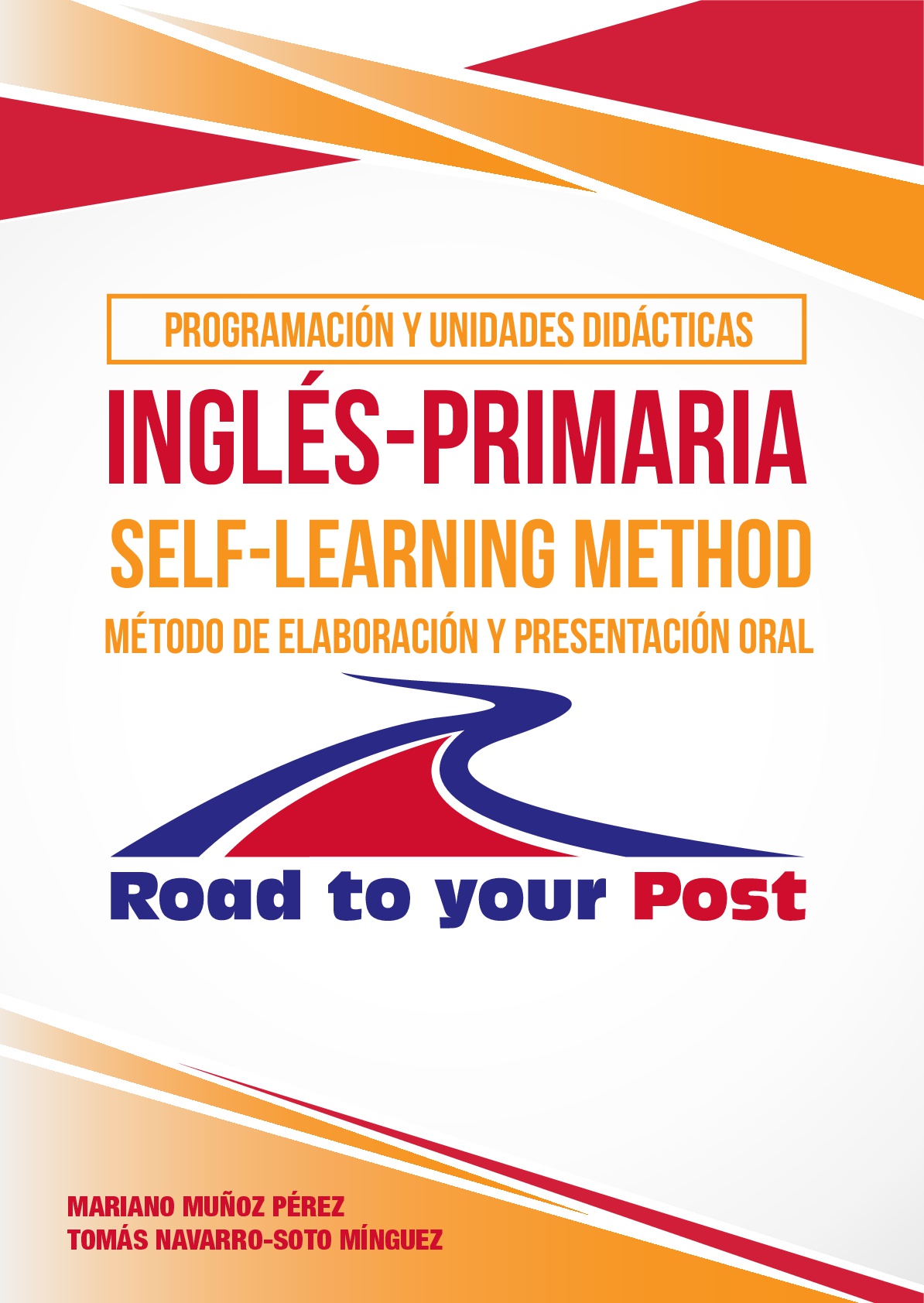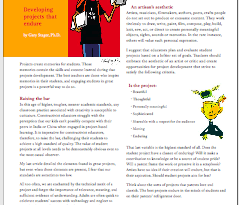Lessons and activities to teach respect. Multicultural skills and values based education fostering a culture of nonviolence and peace.
Lessons and activities to teach respect.
Source: Sesame Street. Respect (Word on the Street Podcast).
Follow us: https://www.facebook.com/OposicionesInglesRP/
More about Road to your Post: oposicionesingles.com
Text extracted from: Programación y Unidades Didácticas. 
In accordance, once identified the principles that our legal framework establishes as excellence in teaching practice, we are on a sure ground to stand with no doubts about the adequacy of the methodological strategies. However, the challenge consists of taking these modern perspectives of education to the teaching of English as a FL to primary school children. In order to do so, it is of utmost importance to be aware of the main aim that our programming must accomplish.
The Common European Framework of Reference for Languages (CEFRL, 2001) views the concept of communicative competence as all methods that produce individuals capable to establish effective communication in daily-life situations, and this includes solving everyday issues, like maintaining a Skype conversation or writing an email. In consonance, all regional curricula recognise the role of real “immersion” in the target language as much as possible, pointing to exposure to real models and graded use through real and purposeful interaction.
Due to its weight in programming design, we cannot bring this initial point to an end without calling the reader´s attention to the methodological assumptions that should be in any FL syllabus, whatever the contextualisation and grade our programming is aimed at. The learner must be given opportunities to practise and internalise not only grammatical structures, but also discourse, sociocultural or strategic factors. In this light, classroom interaction is at the heart of the FLT process together with the need to motivate students through communicative activities, which respond to their needs and preferences, but at the same time, it entails the transversal treatment of values and emotional intelligence. Similarly, the information gap principle is very likely to arouse the students’ interest, especially if the tasks are wrapped with the cover of a game, a role-play or a dramatisation.
A final stress has to be made on the prominent role of technologies as an endless source of inspiration for teachers to create and personalise their materials. It goes without saying that a modern FL programming must comprise a series of digital tools and strategies that evidence mastery on the creation of digital learning environments. In this regard and being practical,in this training course we shall guide candidates by offering an overview of the most prominent digital resources and their didactic application through illustrative examples. Additionally and as a distinguishing mark in Road to your Post, we believe that there is nothing like a good model to understand how to build up a FL programming.
We are about to set sail into the programming document that will be the object of our oral presentation. Although it may seem a hard duty, the elaboration of a FL syllabus just requires some knowledge regarding curricular elements organisation and some creativity to put them all
In broad terms, inclusive education intends all children, regardless of their learning difficulties, possible disabilities, sociocultural background or specific personal conditions, to receive a high quality education and the necessary support to ensure curricular success and sense of achievement.
A successful implementation of inclusive education implies accepting, understanding and attending to students´ difficulties in the school context. On the whole, the driving principle relies on making children feel at ease, appropriately challenged and supported, trying to exert a positive influence in the familiar context.
The obvious benefits of inclusive education seem to be out of the question in modern educational systems; however, this fact does not diminish the difficulties that attention to diversity entail. Indeed, children “come in all types” (Moon, 2000); in fact, there are many ways in which a class of pupils differ, quite apart from academic ability. Therefore, the FL teacher must know the procedures to cope with the natural diversity in any classroom or specific needs of educational support.
Undoubtedly, fostering children´s motivation (Dörnyei, 2001) is especially effective to ensure success for those children who present any kind of LD, since it may act as an additional value to the specific measures devised. Nevertheless, focusing on the vast array of specific needs of educational support (SNES) we may come across in a classroom, it seems indispensable to count on ordinary or specific support measures. Amongst these strategies it is worth highlighting:
- The first of them is that of graded tasks; basically, it consists in the possibility to work on the same activity but at different levels. This way I can assure that I provide the right challenge to all students and that they all can succeed, whether they belong to a strong or weak level. Through this strategy all children can work on a song by filling different gapped versions of the lyrics and correct without being “stigmatised” as a “weak” student.
- Another possibility is self-access activities. It refers to students working on different activities with different resources, individually or in groups. This requires a specific classroom organisation in which children can find interesting challenges in some classroom corners(i.e. “the games corner”, “the investigators corner”, and the like).
- In addition to this, activities with different responses and open-ended activities, where students can apply their skills at their own level will be a valuable resource to meet their needs, like writing a personal diary. There is a clear benefit for SNES children in these tasks, as they can progress at their pace and without the pressure of time limit or the perception of unreachable task.
- Curricular adaptationsare indispensable once a child has been diagnosed with SEN. In them, there is a clear distinction between significant or non-significant ones, depending on whether the curricular elements must be modified or not. These adaptations shall consider the Orientation Team support and include the adapted evaluation instruments and procedures. Sometimes the adaptation measures for talented students go through more challenging tasks, deepening into the contents, for example searching for extra information, etc.
A final reflection about the measures to attend diversity from the FL area should focus on the relevance of reward and positive feedback. Decisively, the role of the teacher is paramount to instill a sense of progress and achievement. Obviously, this important task requires deep knowledge of the group, coordination with the specialists and Orientation Team; and most importantly, the personal convincement that every child can be helped in his way to learn a second language despite their difficulties. In the end, if the main aim is to develop the students´ communicative competence, this can be achieved at different levels.
Bibliography.
Moon, J. “Children Learning English” Ed. Macmillan. 2005.
Dörnyei, Z. “Motivational Strategies in the Language Classroom”. Cambridge University Press. 2001.




